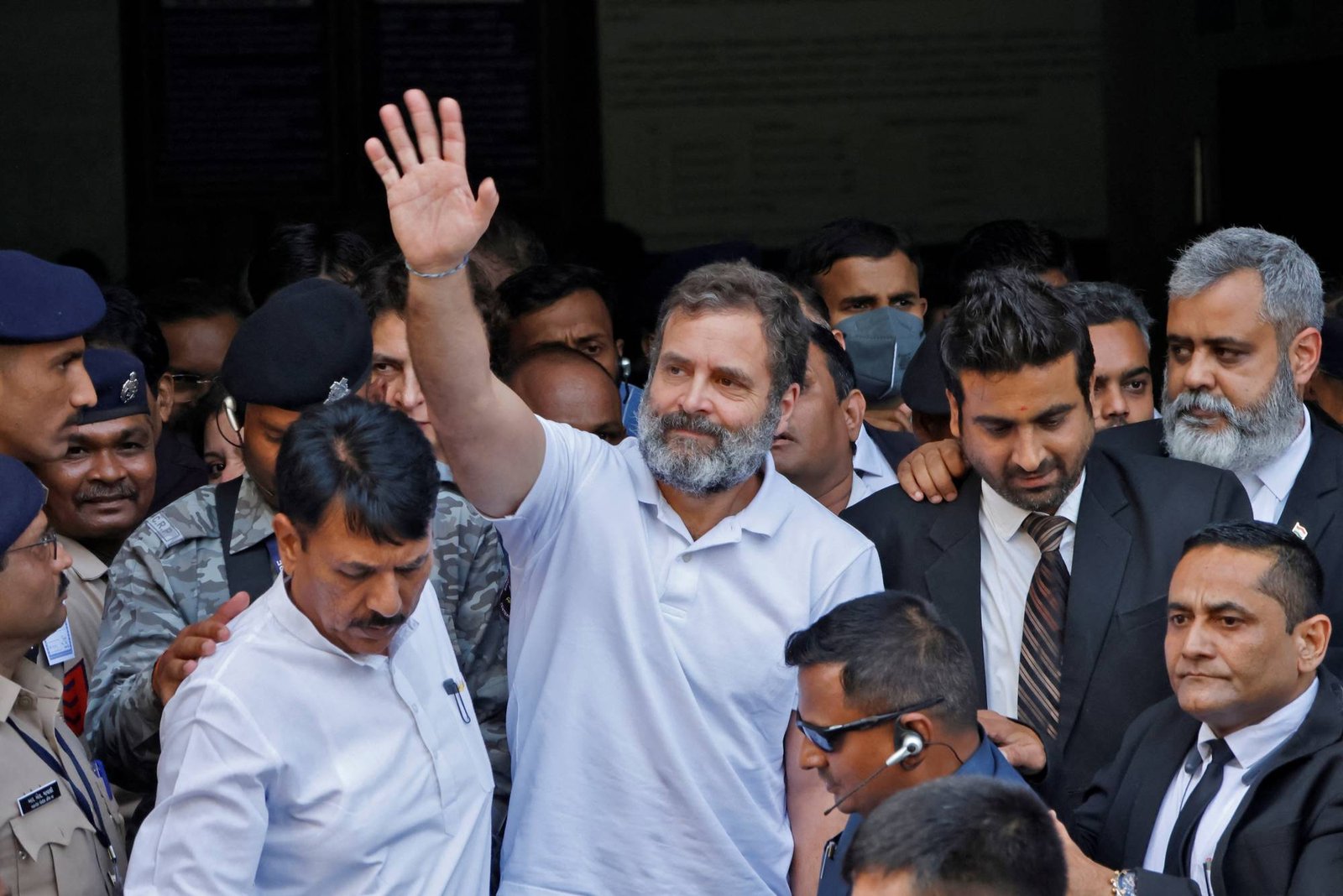The recent sentencing of Rahul Gandhi, leader of the opposition Indian National Congress, has had a profound impact on India’s political landscape. Not only has he been handed a two-year prison sentence, but he has also been disqualified as a lawmaker in the Lower House of Parliament, known as the Lok Sabha. This development has caused shock waves throughout India’s political system and raised concerns about the future of its democracy.
The controversy stems from comments made by Gandhi during a 2019 campaign speech in the southern Indian state of Karnataka. During the speech, he discussed India’s economic challenges and identified six individuals he believed had contributed to the country’s woes: Nirav Modi, Mehul Choksi, Vijay Mallya, Lalit Modi, Anil Ambani, and Prime Minister Narendra Modi. Gandhi’s remark that all these “thieves” had the surname “Modi” raised eyebrows and led to the legal action that ultimately resulted in his sentencing and disqualification.
This turn of events has opened a new and troubling chapter in India’s political history. The severity of the punishment, coupled with the nature of the charges, has prompted questions about the state of free speech and democracy in the country. As India grapples with this situation, it is clear that this is a critical moment in its political development.


